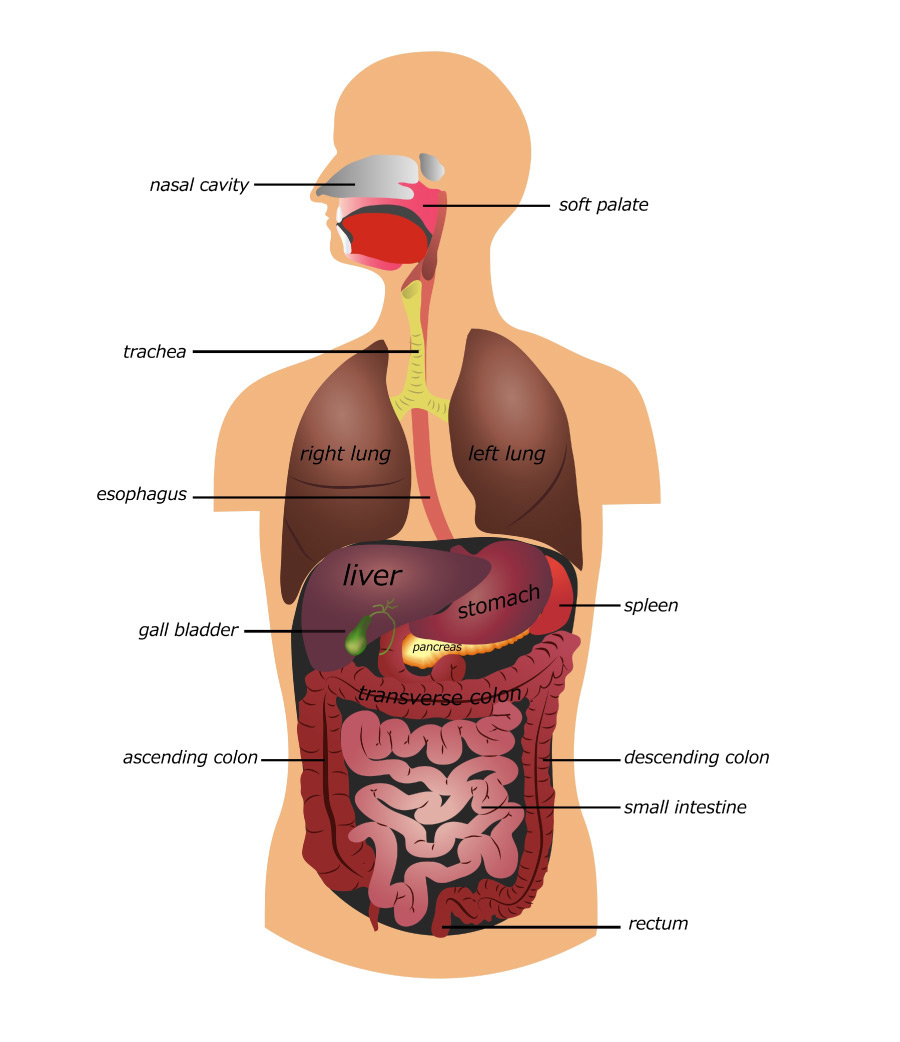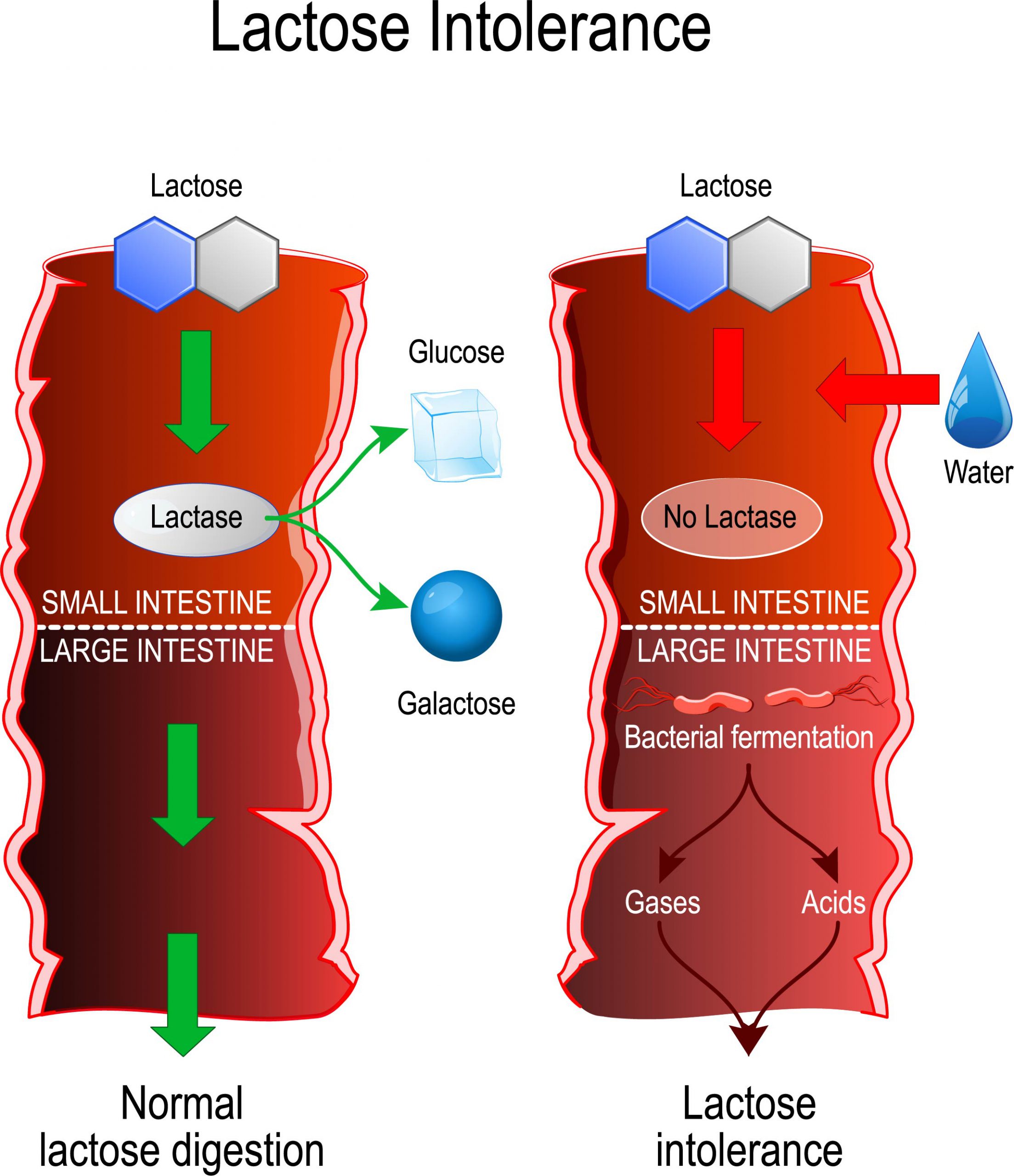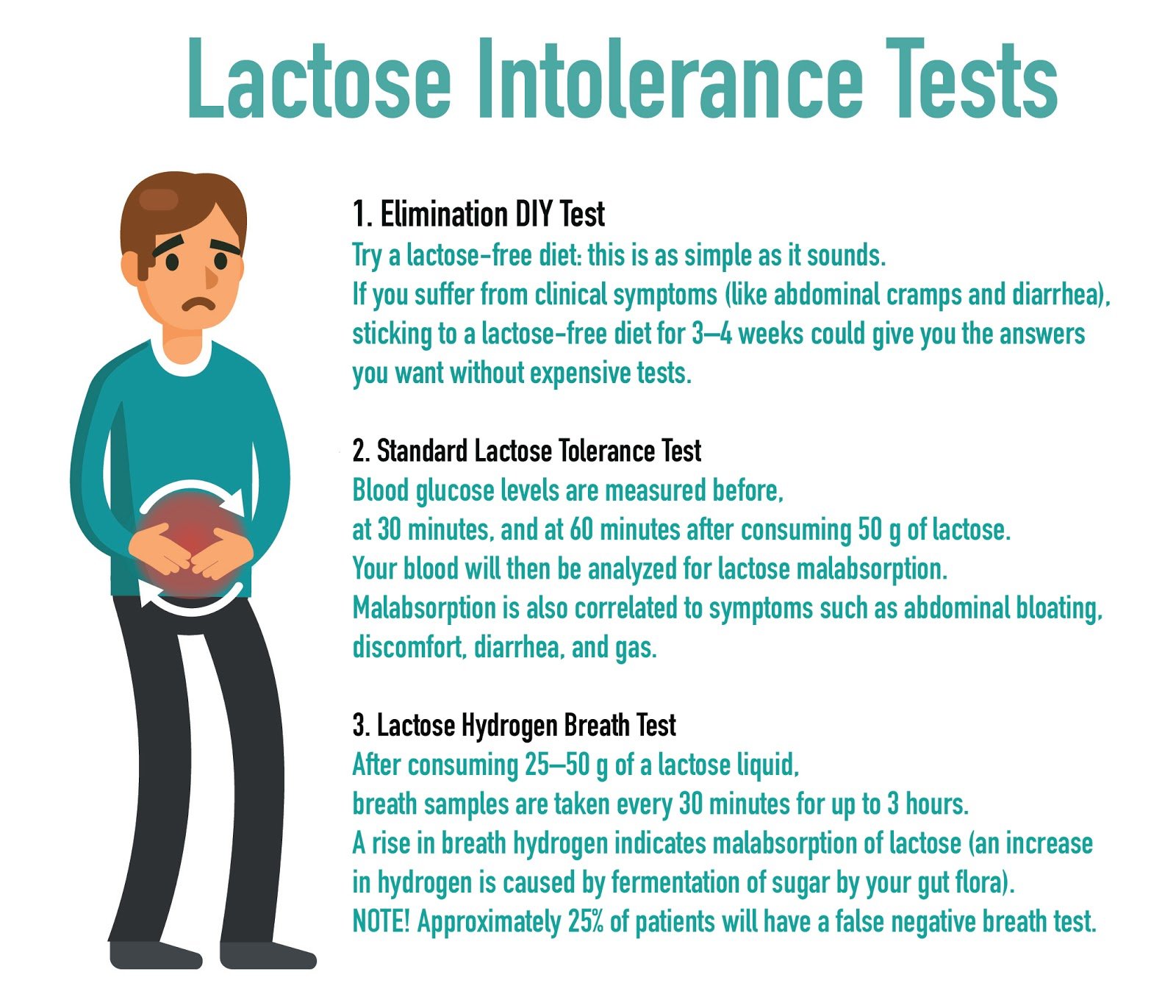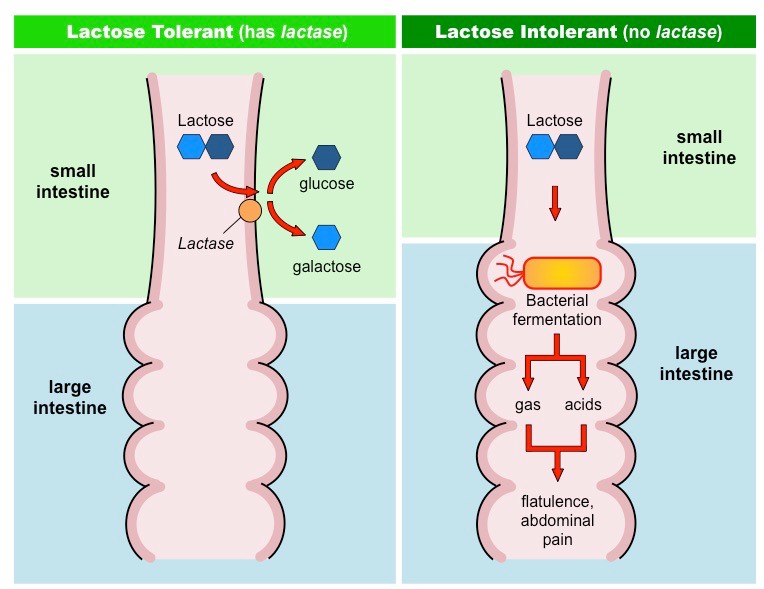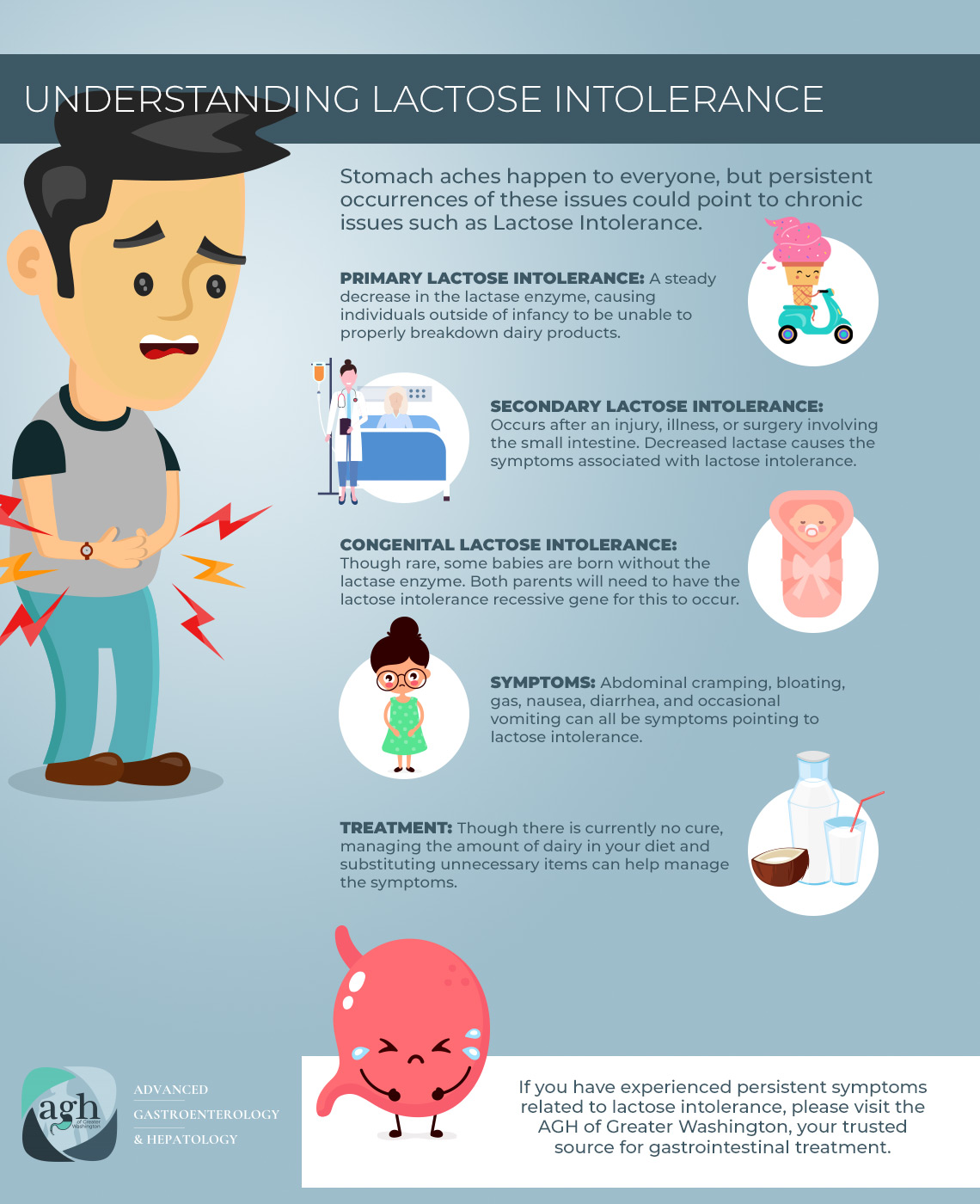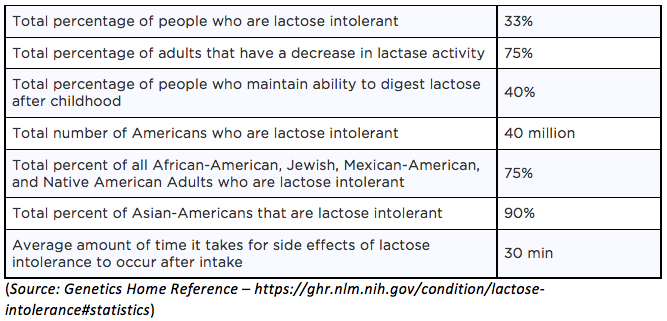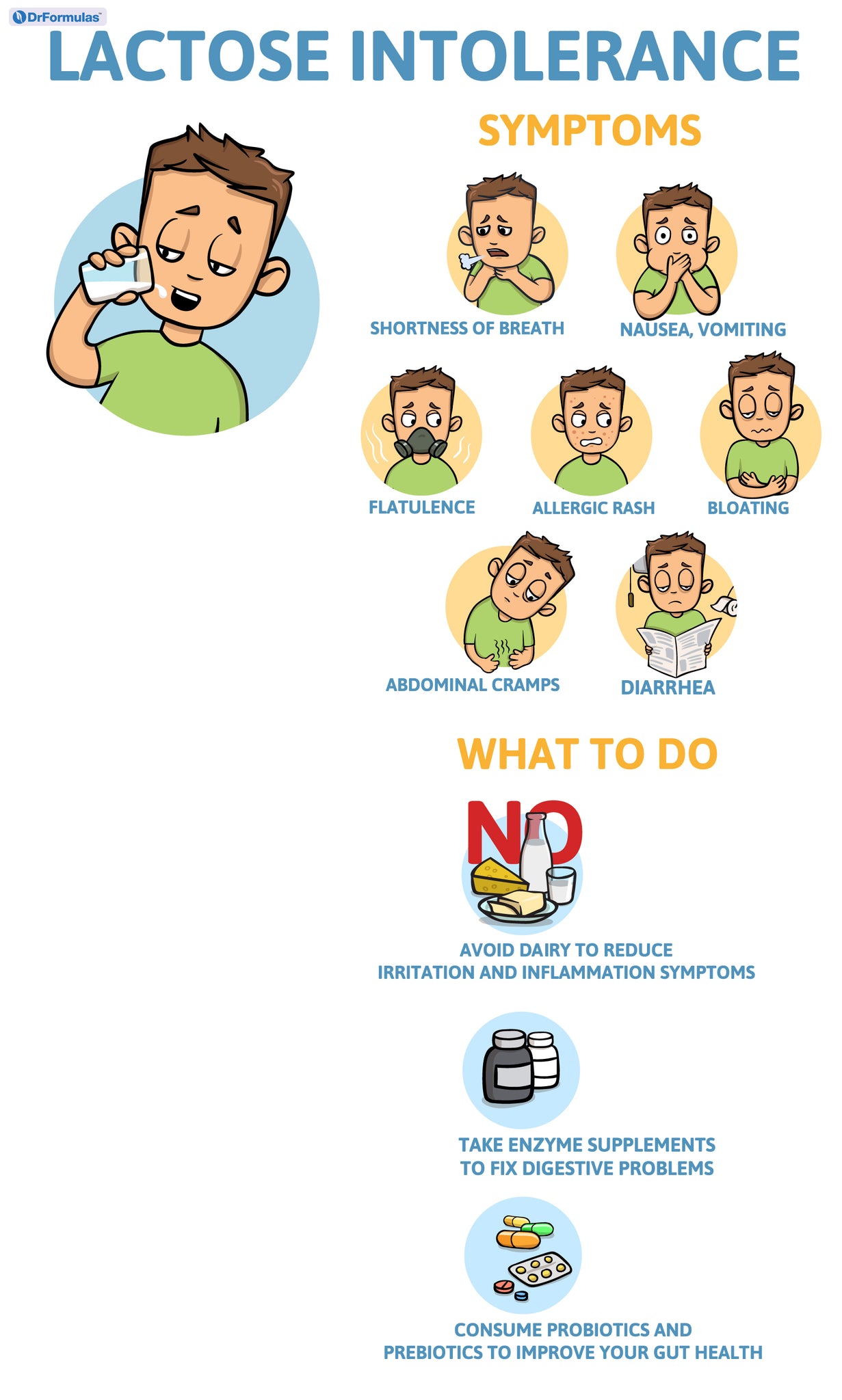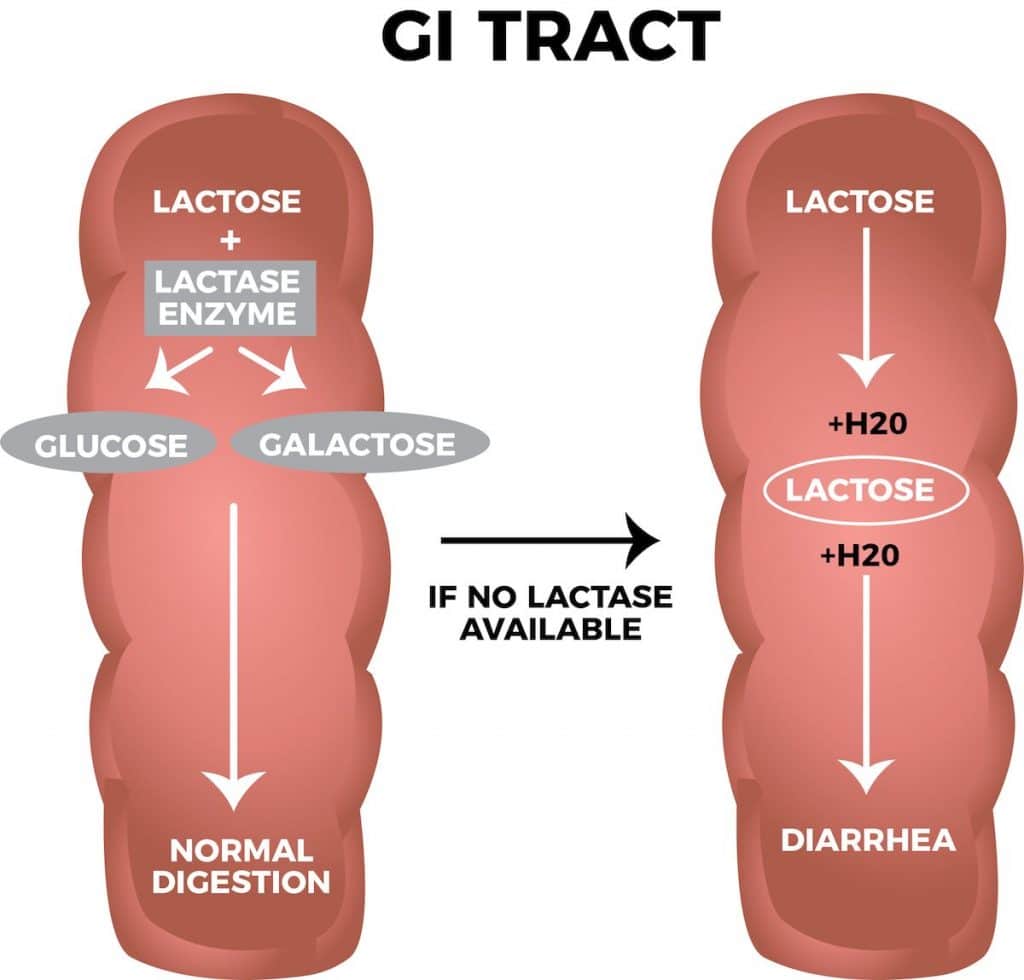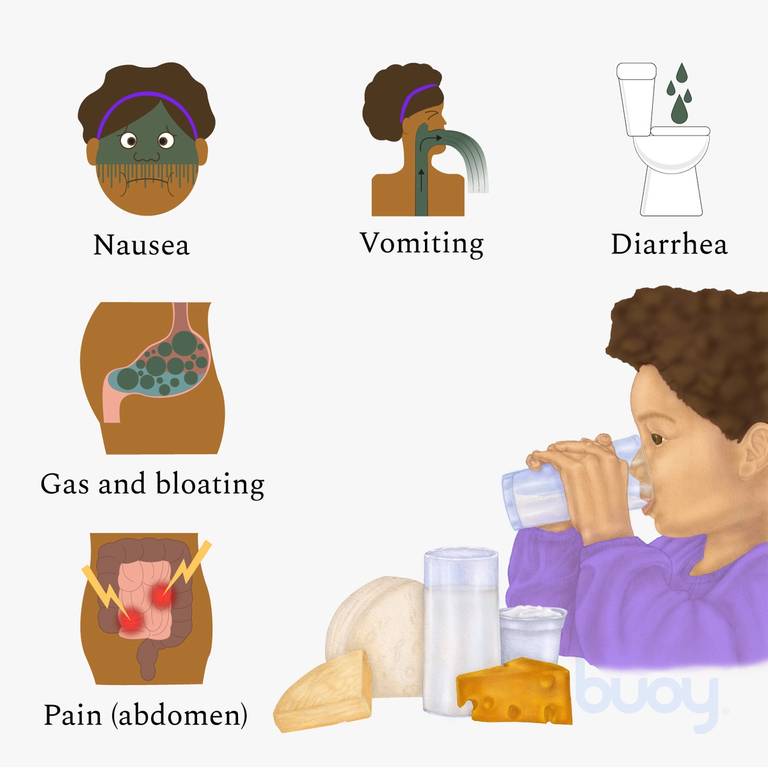Build A Tips About How To Become Lactose Intolerant
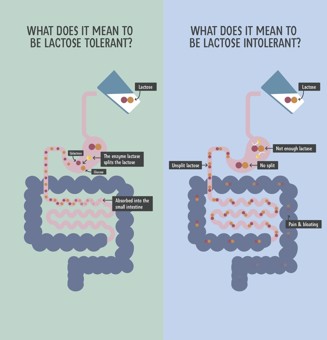
A lack of lactase leads to malabsorption, and you will then experience symptoms of lactose intolerance.
How to become lactose intolerant. The following can also lead to lactose intolerance: Lactose intolerance can develop in three different ways: Lactose intolerance occurs when an individual is lactase deficient.
Szilagyi therefore suggests ‘training’ with 5g of lactose per day, based on studies of similar training exercises with another sugar, oligofructose. Bread, baked goods, cereals, instant potatoes, soups, margarine, lunch meat, salad. Lactase breaks down the lactose in food so your body can absorb it.
How to treat lactose intolerance. Lactose intolerance is a common digestive problem where the body is unable to digest lactose, a type of sugar mainly found in milk and dairy products. Why do people become lactose intolerant?
The most common symptoms include stomach pain, bloating, diarrhea, constipation, gas, nausea. Lactose intolerance can start suddenly, even if you've never had trouble with dairy products before. Lactose intolerance usually happens with younger people, but you can develop it as an adult.
Hence, lactose from products rich in dairy ends up in the colon instead of being absorbed in the small. To begin, all foods should be thoroughly tested for lactose. Lactose intolerance happens when your small intestine does not make enough of a digestive enzyme called lactase.
These conditions can also cause you to develop lactose. Sometimes it's genetics, but other triggers include food poisoning, extreme stress,. Ad find out if you are likely lactose intolerant or lactose sensitive.
These conditions can also cause you to develop lactose. Lactose sensitivity has several causes, each of which may have similar symptoms It is normal to lose.
You can also become lactose intolerant if you have an illness, infection, or take a medication that affects the bowels or intestines. Godfrey believes that approximately 30. It's possible to become lactose intolerant all of a sudden if another medical condition—such as gastroenteritis—or prolonged abstinence from dairy triggers the body.
You can also become lactose intolerant if you have an illness, infection, or take a medication that affects the bowels or intestines. Infections, diseases, or other conditions that injure your small intestine, like crohn’s disease or celiac. To put that into perspective, there are 5g.
Lactose intolerance is very common, affecting up to 70% of people worldwide.
